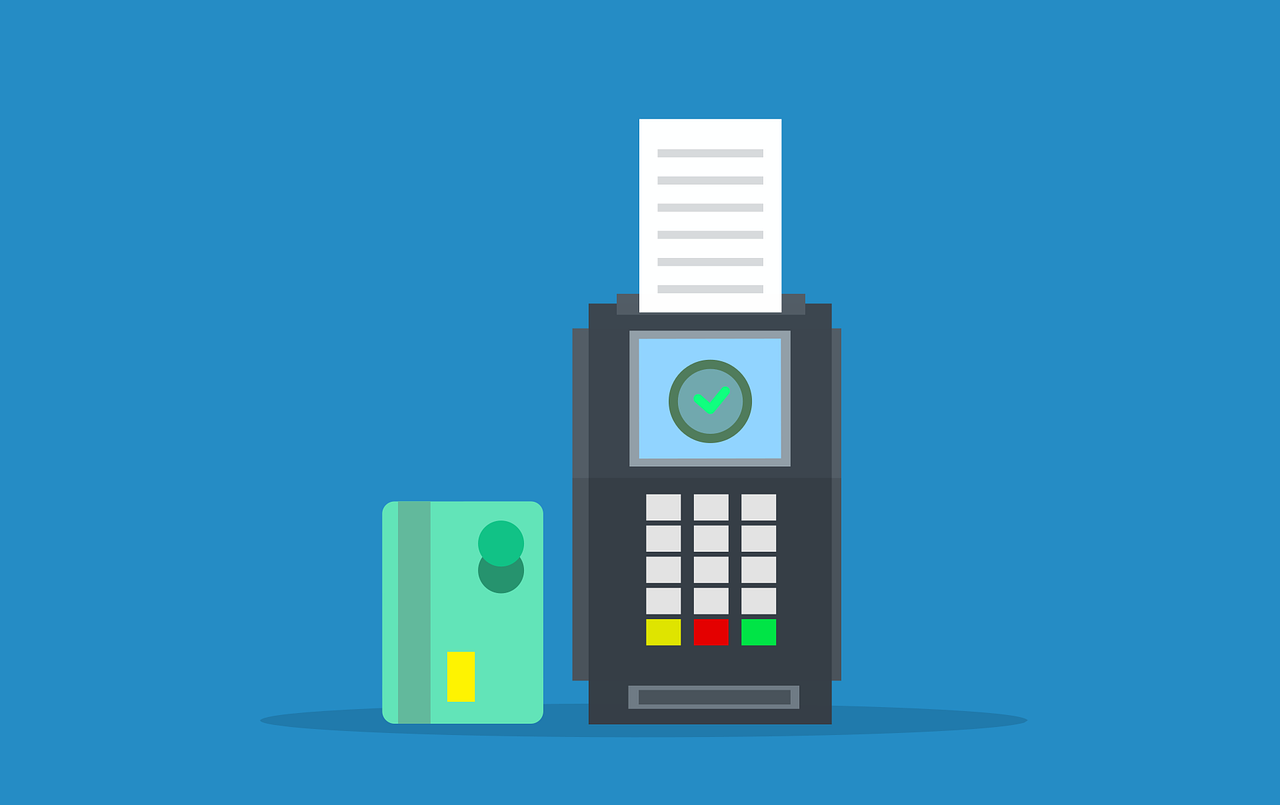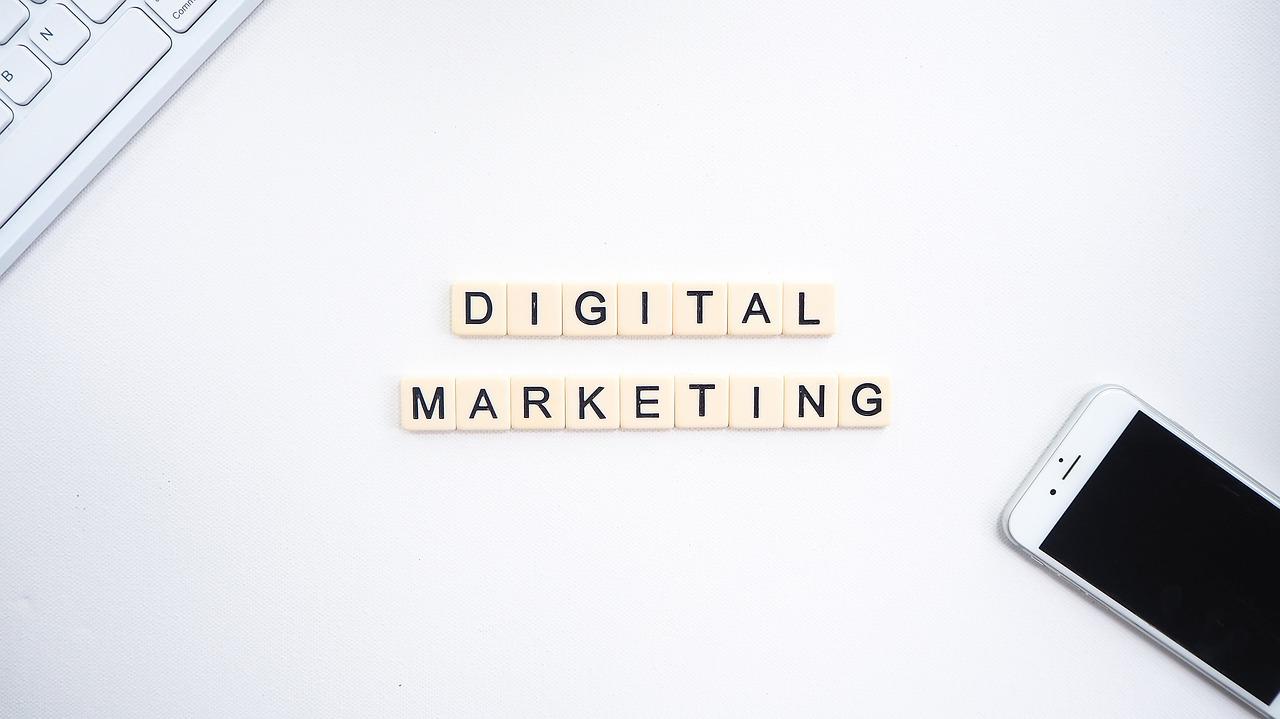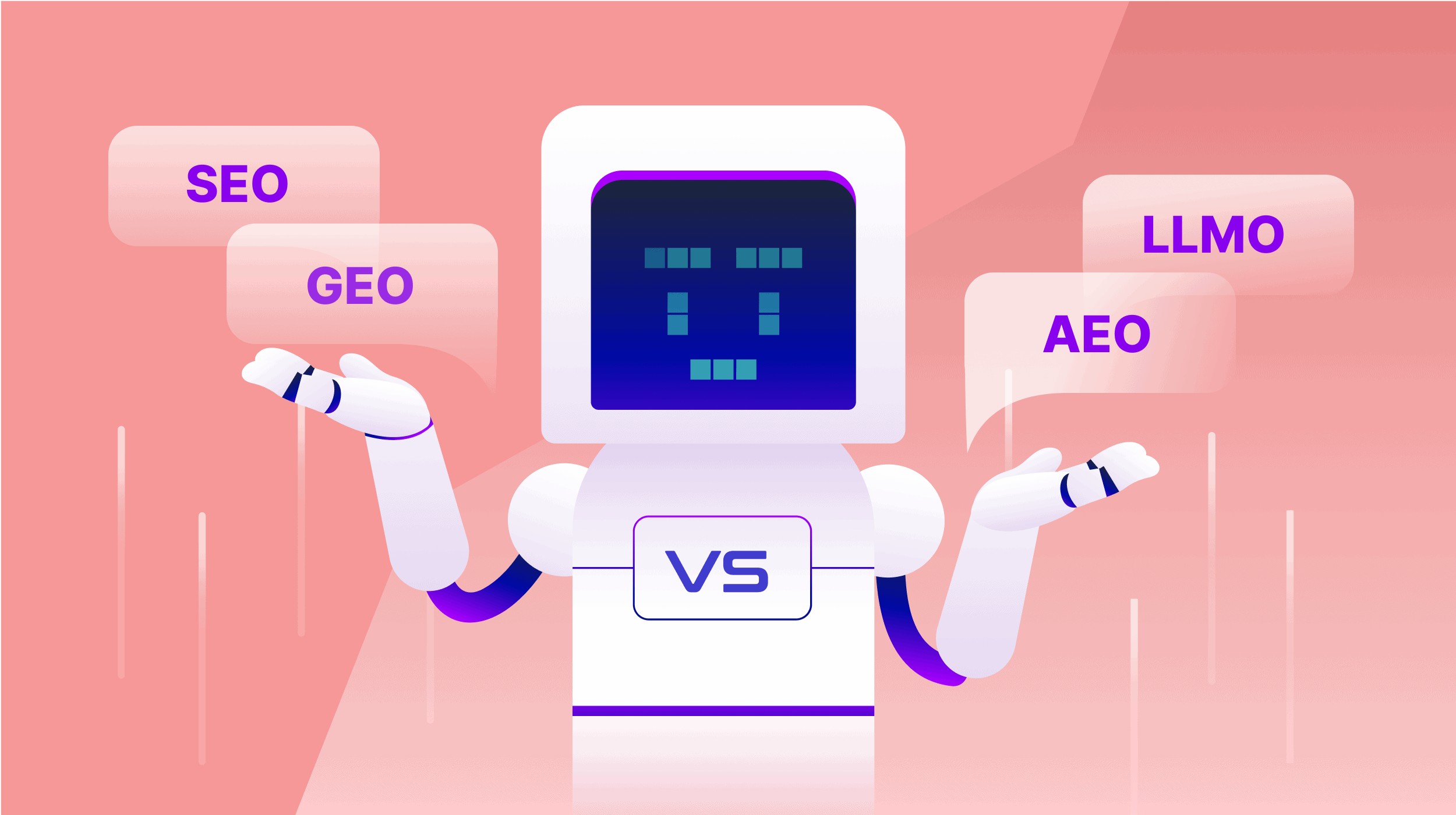Using POS Integrations to Supercharge Your Retail Operation
The retail landscape is undergoing a drastic change, driven by changing consumer behaviors and technology. Traditional brick-and-mortar stores are facing unexpected challenges as online shopping continues to gain momentum post COVID-19. To thrive in this evolving competitive environment, it...

The retail landscape is undergoing a drastic change, driven by changing consumer behaviors and technology. Traditional brick-and-mortar stores are facing unexpected challenges as online shopping continues to gain momentum post COVID-19.
To thrive in this evolving competitive environment, it is essential for retailers to adopt innovation, leveraging advanced technologies like AI, augmented reality, and omnichannel strategies. This helps them improve the customer experience and meet these evolving expectations.
Adaptability, agility, and a customer-centric approach are important for retailers to survive in this new competitive era. This is where convenience, personalization, and seamless integration between physical and digital channels prove useful in achieving success.
One such tool to help retailers bridge the gap is a retail POS system. Modern POS systems enable retailers to do it all: Sell online, improve inventory control, and personalize the shopping experience. Keep reading for a closer look at the evolving tech that’s driving retail transformation.
Why Is a POS Important in Modern Retail?
Point of sale systems play a crucial role in the modern retail sector. Your POS serves as the central hub for managing various aspects of your business. It facilitates transactions, helps you manage inventory, delivers customer data insights, and provides sales data that can help you optimize your product mix.
Essentially, your POS can become your most valuable employee, helping you to be more efficient and reduce costs. For example, with a POS platform, you can manage inventory better.
Say, you have a very busy day in your store. You sell a higher-than-normal volume of top products. A modern POS can alert you of low inventory levels. But not just that, you can set re-order points in the software (or use AI to fine-tune re-order points), and your POS will automatically generate a purchase order.
Manual processes that used to take dozens of hours per week to manage now take just a few minutes of review. This is the power of a modern retail POS system.
What Is a POS System? What Is It’s Role in Retail?
The point-of-sale system is an essential tool used in the retail sector to ease transactions between customers and merchants. It includes hardware and software components.
The software manages data (e.g. recording transaction amounts, tender types, and the product sold). And POS hardware includes connected tools like:
Cash registerBarcode scannerTouchscreenSmart cash drawerReceipt printerCustomer-facing displaysThe primary role of POS systems is to accurately process sales, track inventory, and manage customer transactions efficiently. However, POS systems have numerous add-ons or integrations that can improve results.
What Is a POS Integration?
POS integration is a process of connecting a point of sale system with other software applications or systems used in the retail sector. For example, you could connect your POS with a warehouse management tool or accounting software.
Generally, there are two types of integrations: First-party and third-party integrations.
A first-party integration is add-ons created by the POS company. For example, a POS company that offers loyalty software that integrates with the POS.
A third-party integration, on the other hand, refers to software add-ons created by a third-party. In this example, the loyalty software would be created by an independent company and custom code would be needed to connect the POS with the third-party program.
Ultimately, regardless of the type, a POS integration allows seamless communication and data sharing between different components of the retail ecosystem. This helps to streamline routine operations and improve efficiency.
Importance of POS Integrations
There are numerous ways that connecting your POS with other tools can help. But to illustrate, let’s look at a specific integration like a POS QuickBooks integration.
This type of integration would refer to connecting a point of sale system with QuickBooks accounting software. In the past, reconciliation for retailers was a labor- and time-intensive process. An accountant could easily spend several hours or even days per month gathering data and auditing an operation.
With this type of integration, the process becomes much more efficient. Data from the POS would sync to QuickBooks automatically. A user would map accounts and tax data and schedule data syncing (typically about once per day). The accounting process, thusly, can be done in a fraction of the time.
What Does POS Integrations Involve?
POS systems connect with other business software programs through various methods, including APIs (Application Programming Interfaces), webhooks, or direct database integration.
They can also be done manually. Here’s a look at the various types:
APIs – APIs allow software applications to communicate with each other by providing rules and protocols for exchanging data.Webhooks – Webhooks allow real-time data transmission by triggering events in one system to initiate actions in another.Database – Direct database integration involves synchronizing databases between different software systems to ensure data consistency and accuracy.You can use these integrations to connect various platforms. For example, you can create integrations for updating inventory, syncing customer data, and creating financial reports.
Benefits of Point of Sale Integration for Retailers
Here are some ways businesses can benefit from integrating software with their POS:
1. Improved Customer Experience
An integrated point of sale system allows for personalized marketing efforts and faster checkouts, leading to happier customers.
Saves Time: Streamlining operations saves time and allows for the execution of core business activities.Faster Checkout: Integrated systems lead to quick and efficient transactions, reducing waiting time for customers.Personalized Marketing: A POS system integration provides valuable customer data for targeted marketing campaigns and helps improve customer engagement.Improved Customer Service: Access to real-time information helps take better-informed decisions and quicker responses to customer inquiries.2. Optimized Operations and Improved Efficiency
Integration automates processes, reduces errors and maximizes productivity.
Improved Inventory Management: Real-time inventory updates prevent stockouts and overstock situations, ensuring optimal inventory levels.Manual Data Entry: Integration eliminates the need for manual data entry, reducing errors and saving valuable time.Employee Management: Integrated systems simplify tasks like scheduling, payroll, and performance tracking, improving workforce management.3. Staying Ahead and Growing
With an integrated pos system in place, retailers can stay competitive, adapt to market changes, and foster growth.
Make Customers Happy: Hassle-free shopping experiences, personalized service, and speedy transactions contribute to overall customer satisfaction.Expansion and Adaptation: Integrated systems expand with the business, making expansion and adaptation to new technologies or processes easy.5 Must-Have POS Integrations for Retailers
Payment Processing: Seamless integration with payment processors ensures secure and efficient transactions for retailers.Inventory Management: Real-time inventory updates and automated stock replenishment optimize inventory management.E-commerce Integrations: Integration with e-commerce platforms enables omnichannel sales and unified inventory management.Accounting Software Integrations: Syncing POS data with accounting software streamlines financial reporting and bookkeeping processes.Customer Relationship Management (CRM): Integration with CRM systems provide insights into customer behavior and preferences, enabling targeted marketing and personalized experiences.Final Thoughts
POS integration helps retail operations operate smoothly by offering benefits like improved customer experiences, streamlined workflows, and improved efficiency. From personalized marketing to seamless inventory management, integration helps retailers optimize every business aspect promoting growth and success in today’s competitive market. With POS integration, retailers can stay ahead of the curve, delight customers, and achieve their business goals with ease.

 MikeTyes
MikeTyes 
































